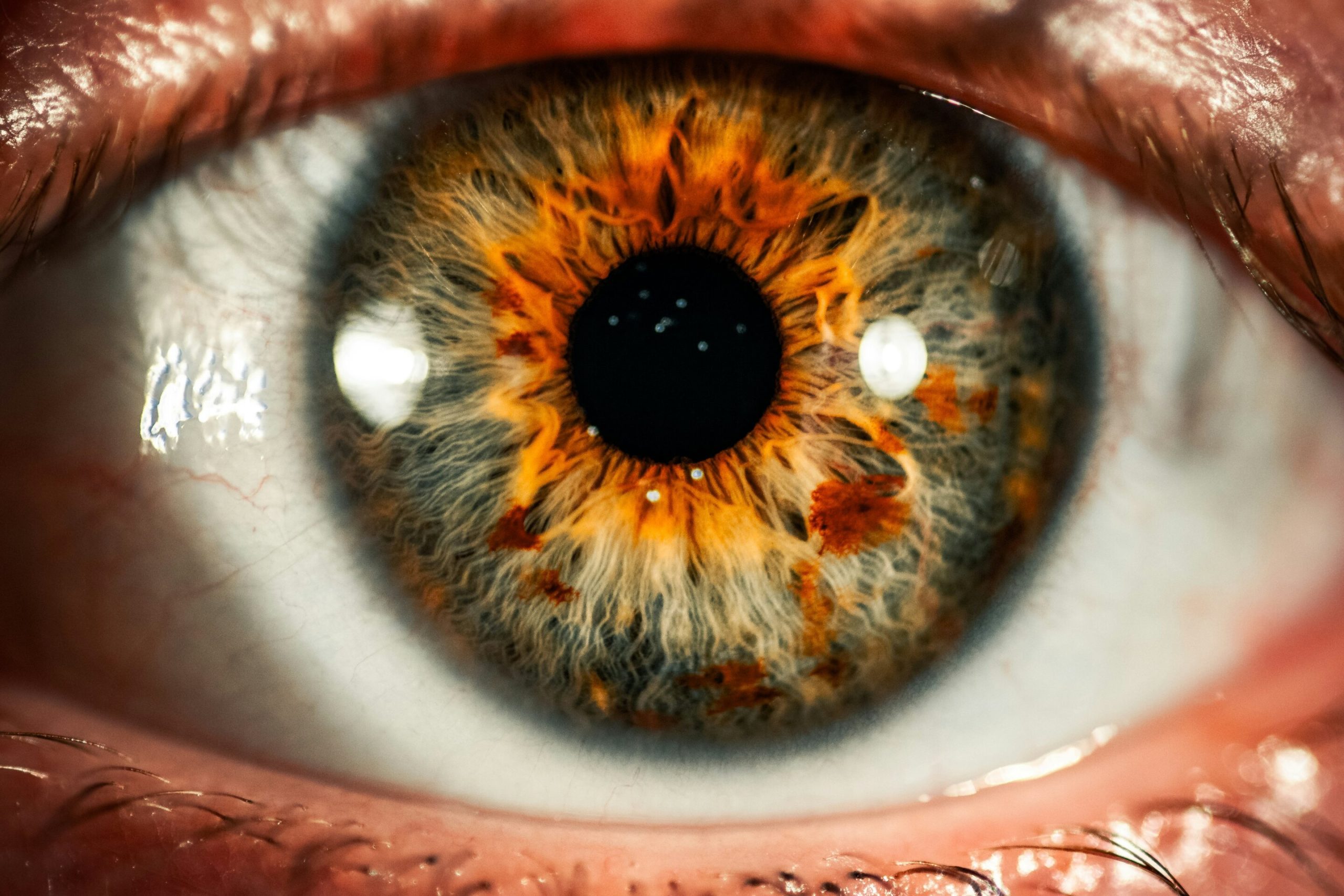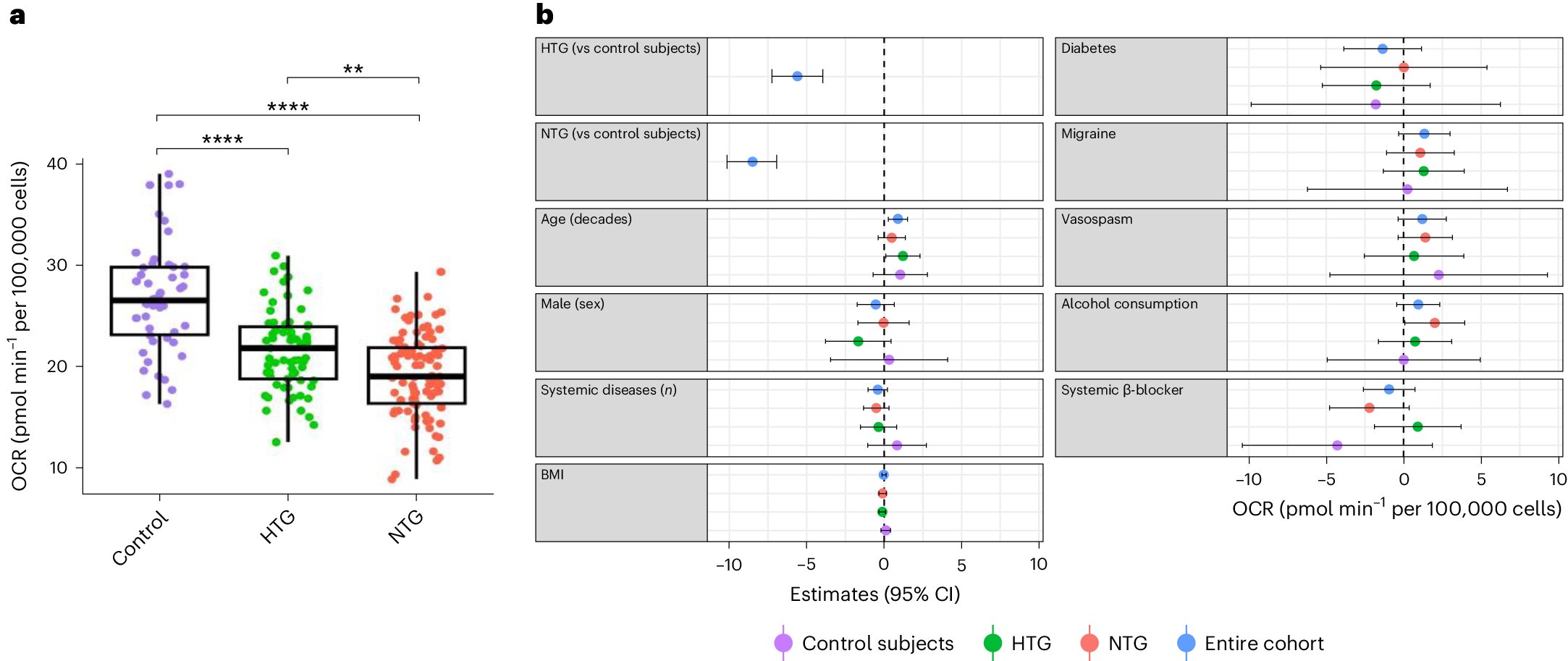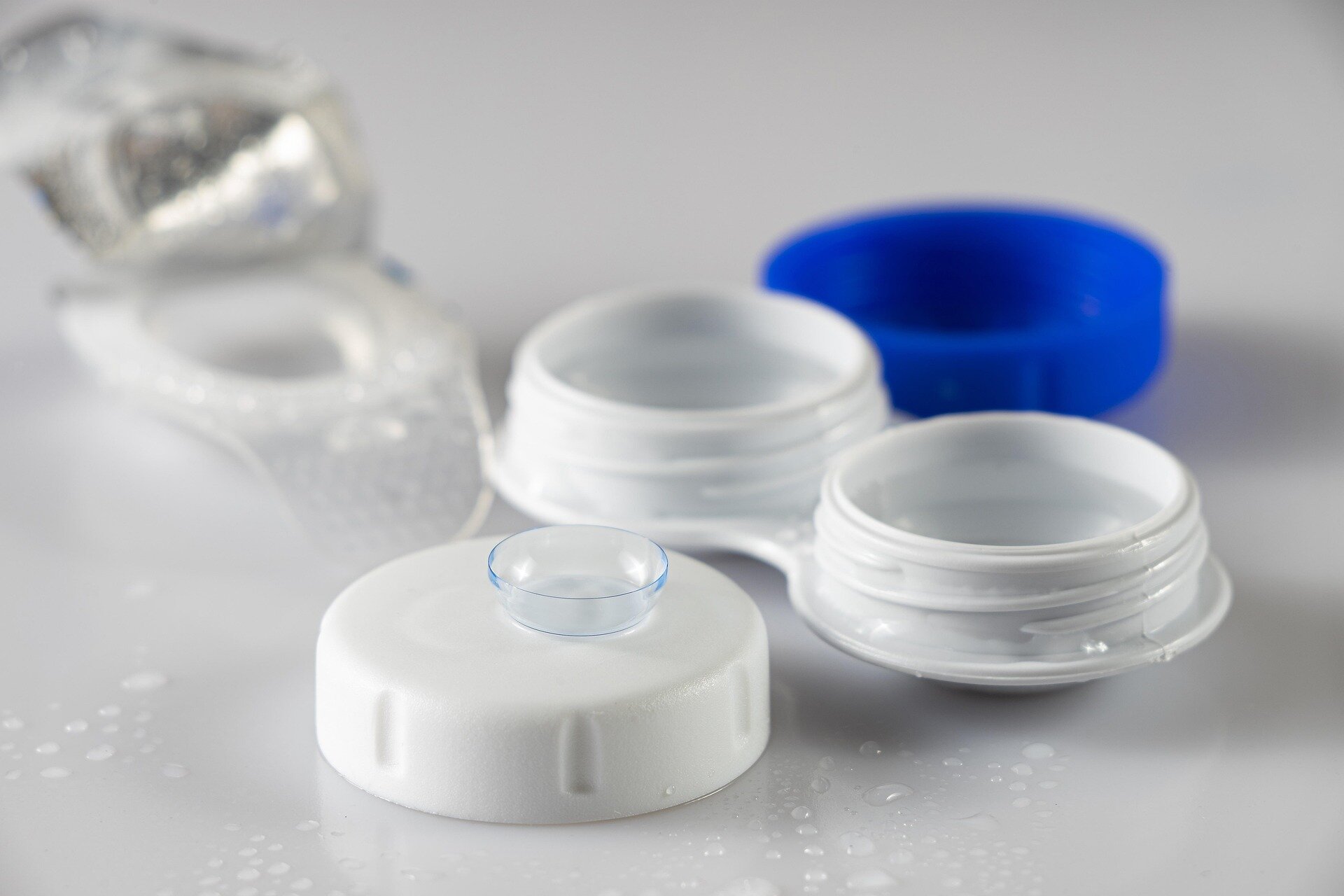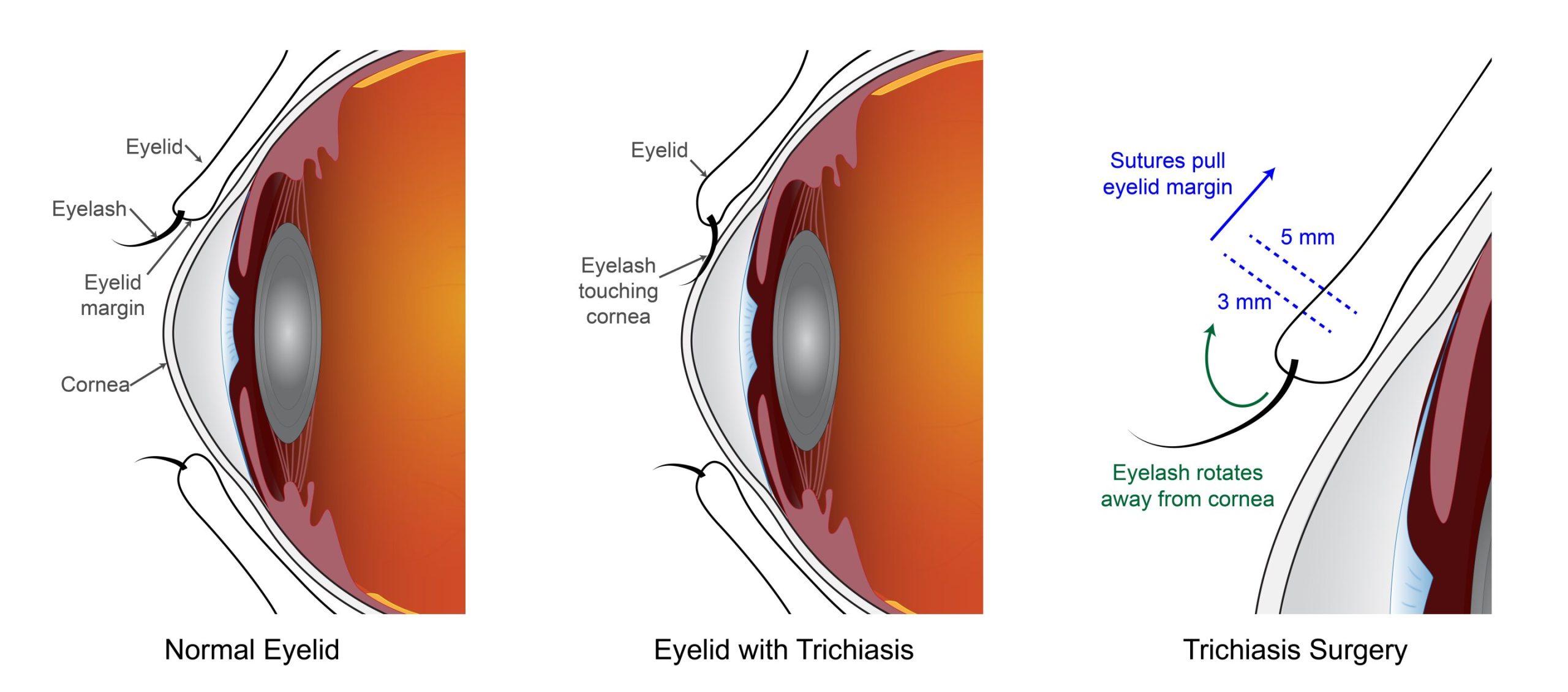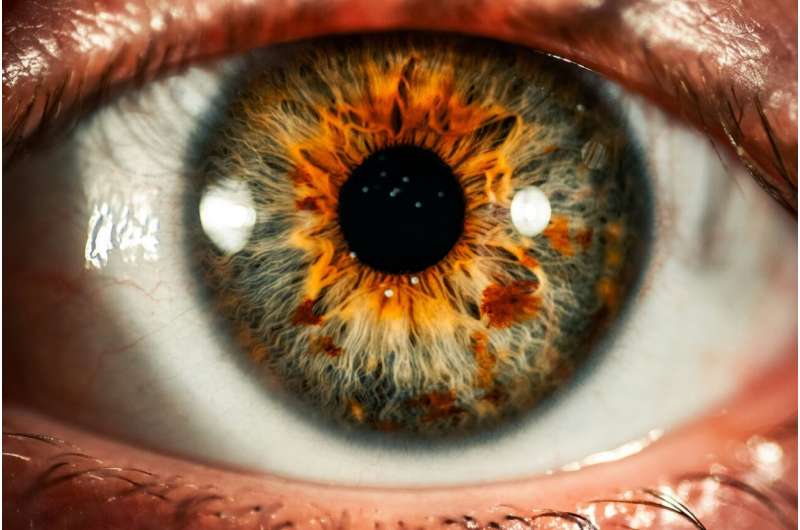
A new study has found that an artificial intelligence (AI) conversational agent enhances patient care after cataract surgery. The AI-powered automated voice system, called Dora, is able to call patients to ask them questions, understand their answers and accurately identify responses that indicate the need for clinical review.
The study, conducted by researchers at Newcastle University, Oxford University Hospitals (OUH) NHS Foundation Trust and Imperial College Health care NHS Trust, was published in the journal eClinicalMedicine.
‘Potential wider adaptation’
More than 200 patients who had recently undergone cataract surgery, the most common surgery performed by the NHS, took part in the study. They received a call from Dora to conduct a follow-up assessment three weeks after the operation, which was monitored by an ophthalmologist for the purpose of the study.
Researchers compared the decisions made independently by Dora and the supervising ophthalmologist about the clinical significance of five symptoms and whether the patient required further review. During the study, Dora’s decisions agreed strongly with those of the clinicians.
Professor Edward Meinert, the study’s co-Principal Investigator and Professor of Digital Health and Clinical AI at Newcastle University, led the acceptability evaluation of the research.
He said, “Patient response to the AI system indicates its potential suitability for wider adaptation in other clinical pathways that could free up NHS time and resources.”
The study also evaluated Dora’s usability and acceptability to patients, as well as the cost impact compared to standard care. Most participants were accepting of the AI follow-up, with some concern around the lack of a ‘human element’ in cases with complications.
Kanmin Xue, Honorary Consultant Ophthalmologist and co-Principal Investigator at OUH, said, “The Dora system is able to call patients autonomously by telephone and conduct a conversation that gathers the key information needed to determine whether a patient is recovering well or requires further medical assessment. It was successful in identifying and prioritizing those individuals who needed additional clinical input.
“Since the trial, an updated version of Dora has been deployed at OUH as the default system for post-cataract surgery assessment for thousands of patients.
“We have now also expanded its use to pre-operative assessments, where Dora runs through a checklist of screening questions, including whether or not the patient wishes to have surgery for their cataract. The information is logged on our electronic medical records, thus speeding up the face-to-face nurse-led pre-assessment.”
Using this telemedicine follow-up assessment was estimated to have saved about £35 per patient compared to standard care.
Safety, acceptability, and cost-efficiency
The development of Dora by Oxford spin-out company Ufonia was supported by Health Innovation Oxford and Thames Valley, which carried out a feasibility study, assessed feedback from clinicians and evaluated the cost benefits of incorporating Dora into the post-operative patient pathway.
Dr. Nick de Pennington, Ufonia CEO, said, “What this research clearly shows is Dora’s high accuracy in identifying patients who need human clinical input.
“We are now expanding Dora’s ‘Artificial Clinical Intelligence’ across eye care pathways in the NHS and internationally. The system offers significant benefits in safety, acceptability, and cost-efficiency.
“It delivers the additional benefit of reducing hospitals’ carbon footprint, and most importantly increases the accessibility of health care to patients.”
More information:
Edward Meinert et al, Accuracy and safety of an autonomous artificial intelligence clinical assistant conducting telemedicine follow-up assessment for cataract surgery, eClinicalMedicine (2024). DOI: 10.1016/j.eclinm.2024.102692. www.sciencedirect.com/science/ … ii/S2589537024002712
Citation:
AI assistant shows great promise in cataract care pathway (2024, July 11)
retrieved 28 September 2024
from https://medicalxpress.com/news/2024-07-ai-great-cataract-pathway.html
This document is subject to copyright. Apart from any fair dealing for the purpose of private study or research, no
part may be reproduced without the written permission. The content is provided for information purposes only.

